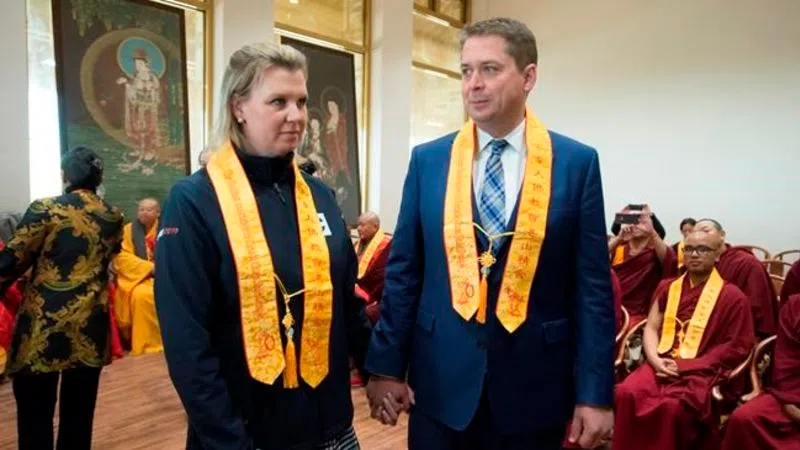
Scheer, Trudeau draw blinds on foreign policy and focus on pocket-book politics
OTTAWA — Monday’s English-language debate may open a window on how the major party leaders would try to steer Canada through a world of economic and political turbulence.
Not a moment too soon, say foreign policy experts, who accuse federal leaders of largely drawing the blinds during their campaigning on how they’d cope with the forces beyond Canada’s borders that will shape the country they are vying to lead.
Canada’s role in the world is almost never a dominant theme in federal elections, but experts argue there’s never been a more important time in recent memory for party leaders to get a grip on how they would steer the country.
They cite no end of obstacles: the rising influence of authoritarian leaders; the drumbeats of war in the Middle East; the extended drama of Britain’s Brexit divorce from Europe; and the instability of the Trump impeachment saga swamping Canada’s top trading partner and ally, the United States.
